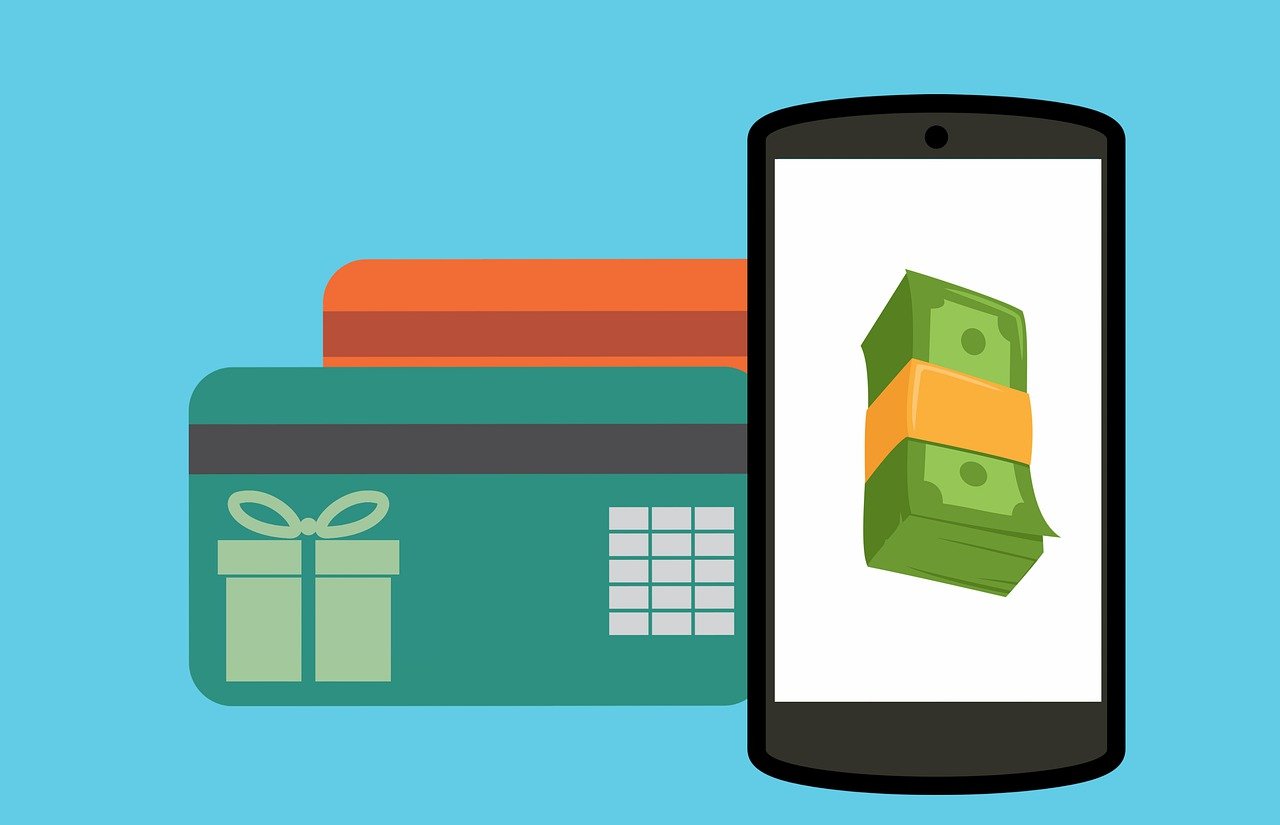
Last Updated | December 8, 2023
Introduction
In the bustling e-commerce landscape of the UAE, creating a seamless shopping experience for your customers is paramount. A pivotal part of this journey is the checkout process. An optimized checkout process can enhance user experience, foster trust, and ultimately drive conversions. But how do you choose the right payment gateway for your online business? Let’s delve into the intricacies of payment gateways and their role in the UAE’s vibrant e-commerce market.
Understanding the UAE’s E-commerce Landscape
The UAE’s e-commerce market has seen a surge in recent years. With a tech-savvy population, high internet penetration, and robust infrastructure, it’s a haven for online businesses. As such, having a secure, easy-to-use payment gateway has become integral to succeeding in this burgeoning space.
Factors to Consider When Choosing a Payment Gateway in the UAE
When choosing a payment gateway, consider factors such as:
Security and Fraud Protection: How well does the gateway protect against fraudulent transactions? What security measures does it have in place?
Integration and Compatibility: How easily can the gateway be integrated into your existing e-commerce platform? Is it compatible with multiple operating systems and devices?
Cost and Fees: What are the setup and transaction fees? Are there any hidden costs?
Customer Support: Does the gateway provider offer timely and effective customer support?
Benefits of Optimizing Checkout with a Secure Payment Gateway
Choosing the right payment gateway can offer numerous benefits:
Increased Conversion Rates: A smooth, secure checkout process can reduce cart abandonment and boost conversions.
Enhanced User Trust and Confidence: Secure payment gateways can reassure users about the safety of their financial information, fostering trust and confidence.
Streamlined Checkout Process: Payment gateways that offer features like saved cards, guest checkout, and one-click payments can make the checkout process faster and more convenient.
Tips for Improving User Experience on Checkout Pages
Here are a few tips to enhance user experience on checkout pages:
Simplify the Checkout Form: Make the form as simple and concise as possible. Only ask for necessary information.
Provide Multiple Payment Options: Offering a variety of payment methods caters to different customer preferences and increases the likelihood of successful transactions.
Display Progress Indicators: Show users where they are in the checkout process to make it more user-friendly.
Optimize Page Loading Speed: A slow-loading checkout page can lead to cart abandonment. Ensure your checkout pages load quickly on all devices.
Analyzing the Pros and Cons of Different Payment Gateways
Let’s take a look at some popular payment gateways in the UAE:
PayPal: Known for its global presence and robust security measures. However, it has relatively high transaction fees.
Stripe: Offers a streamlined user experience and a suite of features. But it may be challenging to set up for less tech-savvy businesses.
Square: Ideal for small businesses due to its low fees and ease of use. However, it lacks the advanced features that larger businesses may need.
PayTabs: A homegrown solution tailored to the needs of the MENA region. Offers multilingual support but has a lengthy approval process.
Telr: Provides a range of payment options and advanced fraud protection. However, its interface may not be as user-friendly as other gateways.
Securing Customers’ Financial Data with 0% Fraud Protection
Protecting customers’ financial data is crucial in today’s digital landscape. Most payment gateways offer various security measures like encryption, tokenization, and PCI DSS compliance, ensuring a secure transaction environment and building trust with your customers.
Exploring Alternative Payment Methods That Benefit Your Business In The Long Run
As the e-commerce landscape evolves, so do payment methods. Offering alternative payment options like mobile wallets (Apple Pay, Google Pay), cryptocurrencies, and buy now, pay later options can cater to a wider audience and further enhance the user experience.
Conclusion
In conclusion, choosing the right payment gateway is a crucial step in optimizing the checkout process for your online business in the UAE. It not only enhances the user experience but also boosts conversion rates, fosters trust, and ultimately drives business success. With the right payment gateway, you can ensure a seamless, secure shopping experience for your customers, paving the way for your e-commerce venture’s growth and prosperity.
FAQs
What are the available payment gateways in the UAE?
When considering online transactions in the United Arab Emirates, understanding the various payment gateways available is of utmost importance. Payment gateways are services that enable merchants to accept digital payments such as credit cards, debit cards, e-wallets, and bank transfers. In the UAE, there are numerous trusted and reliable payment gateway providers. Popular options include Telr, Payfort, and Checkout, among others. These payment gateways provide secure and efficient payment processing services to businesses of all sizes. With the use of a payment gateway, businesses in the UAE can expand their customer base and reach a global audience while offering convenient payment options.
What are the benefits of using a payment gateway in the UAE?
Using payment gateways in the UAE can have numerous benefits for businesses looking to streamline their financial transactions. Firstly, payment gateways offer top-notch security measures, ensuring that sensitive financial information is protected from fraud and unauthorized access. This is especially important in today’s digital age where cyber attacks are becoming increasingly common. Additionally, payment gateways in the UAE offer the convenience of processing payments from multiple channels such as credit/debit cards, e-wallets, and even cryptocurrencies. This versatility allows businesses to cater to a wider range of customers, ultimately resulting in increased revenue. Furthermore, payment gateway providers in the UAE also offer advanced analytics tools to help businesses better understand their transactions and customer behavior. Ultimately, using payment gateways can not only enhance financial security but also aid businesses in making informed financial decisions.
What security measures are available with payment gateways in the UAE?
Payment gateways are a crucial component of secure online transactions in the United Arab Emirates. These platforms enable businesses to accept payments quickly and safely from customers in a variety of different currencies, while also reducing the risks associated with fraud and data breaches. To ensure the highest level of security, payment gateways in the UAE typically feature multiple layers of encryption and authentication, as well as robust fraud prevention tools and 24/7 monitoring. Additionally, many gateways in the UAE also offer flexible payment options, seamless integration with e-commerce platforms, and comprehensive reporting functionalities to help businesses better manage their transactions. With these advanced security measures in place, payment gateways in the UAE are an essential tool for businesses looking to protect themselves and their customers from the risks of online payment fraud.
What types of payments do payment gateways in the UAE accept?
Payment gateways in the UAE are at the forefront of technological innovation, providing a wide range of payment processing solutions to meet the needs of businesses of all sizes. These gateways accept a variety of payments, including credit and debit cards, bank transfers, and mobile payments. Businesses can choose from a range of payment gateways depending on their specific requirements, with some gateways offering additional features such as fraud protection and recurring billing. Some of the most popular payment gateways in the UAE include Checkout.com, PayTabs, and Network International. As the e-commerce market in the UAE continues to grow, businesses can look forward to more options for payment processing solutions.
What are the fees associated with payment gateways in the UAE?
When it comes to payment gateways in the UAE, there are certain fees that merchants need to be aware of. First and foremost, there is usually a fee charged per transaction processed through the gateway. This can vary depending on the provider and the type of payment being made. Additionally, there may be set-up fees required to get started with a particular gateway, as well as ongoing maintenance fees. Some providers may also charge extra fees for certain features or services, such as fraud prevention tools or multi-currency support. It’s important for merchants to carefully consider these fees when choosing a payment gateway, as they can have a significant impact on the overall cost of processing transactions.
How do I set up a payment gateway in the UAE?
Setting up a payment gateway in the UAE requires a technical understanding of the different payment systems available. In this country, cash on delivery is still a popular payment method, but it is no longer the only option. Businesses can now choose from an array of payment gateways in the UAE, including bank transfers, credit cards, and e-wallets. To start the process, businesses need to identify the payment gateway that best suits their needs and meets the requirements of their target audience. Then, businesses need to navigate the technology required to successfully integrate the chosen payment gateway with their existing e-commerce website. This can be a complex process, but with the right team and technical knowledge, businesses can quickly and effectively set up a payment gateway that improves the overall customer experience and meets their business goals.
What are the steps for integrating a payment gateway in the UAE?
Integrating a payment gateway in the UAE requires a methodical approach to ensure a seamless and secure transaction process for businesses. The first step is to choose a payment gateway that aligns with the business’s needs and budget. Once a payment gateway is selected, businesses need to obtain necessary documentation, such as a merchant account, to begin the integration process. The payment gateway integration process involves technical programming to set up the necessary APIs between the gateway and the business’s website, which allows the gateway to process payments. Security and compliance are crucial during integration to ensure that the payment gateway meets UAE’s regulatory requirements and protects sensitive customer information. The final step is testing the gateway integration to ensure that it functions correctly and can process payments without any error. By following these steps, businesses can successfully integrate a payment gateway in the UAE and offer a seamless payment experience to their customers.
Source: https://ecommerce.folio3.com/blog/right-payment-gateway-in-the-uae/






